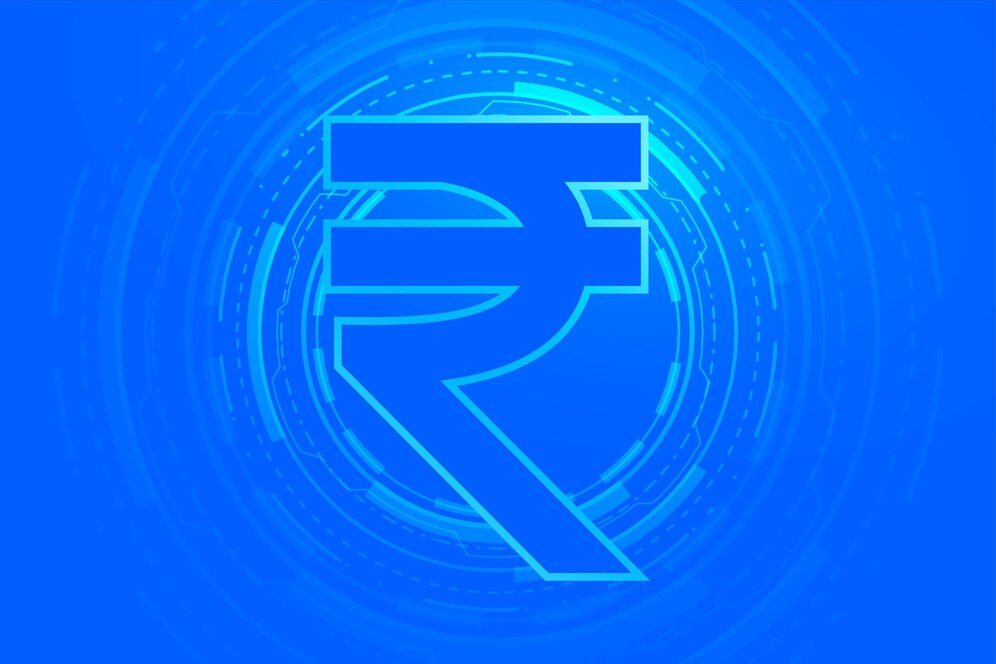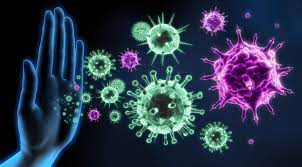
Diabetes, hypertension, obesity, and high BP are the main causes of kidney disease. Apart from this, this disease is common after the age of 50 years. Apart from this, kidneys are also affected by not exercising, excessive use of painkillers, excessive exposure to herbal medicine, pesticides, etc.
Consult your doctor immediately if you have symptoms of kidney disease, because the sooner the diagnosis and treatment, the better your chances of living a healthy life. There is evidence that about 10 percent of the world's population suffers from kidney damage and chronic kidney disease. If it is not diagnosed or treated in time, then kidney failure may have to be faced. By the way, the main causes of kidney disease are diabetes, hypertension, obesity, and high blood pressure. Apart from this, this disease is common in people above the age of 50 years. Apart from this, kidneys are also affected by not exercising, excessive use of painkillers, and herbal medicine, excessive exposure to pesticides, etc.
Symptoms of kidney disease
According to Dr. RK Sharma, HOD and Director, Department of Nephrology and Kidney at Medanta Hospital, Lucknow, whatever the disease may be, if its symptoms are identified in the beginning, it is possible that there will not be much harm. Similarly, to avoid kidney failure, it is important to recognize the signs of its deterioration. If there is frequent urination while sleeping, swelling of the body, face, and feet, or blood in the urine, then it is a sign that you have kidney disease. Not only this, kidney disease can increase the risk of heart disease. If protein is detected in the urine and the serum creatinine value is increased, kidney disease can be detected at an early stage. This test is done in the pathological lab and for this, the filtration rate is calculated, then it is known how much your kidney is working or not.

What does the data say on kidney failure?
The prevalence of kidney disease in India is around 17.2 percent. This disease is continuously spreading like diabetes and hypertension. Around 850 million people are suffering from kidney disease all over the world. Chronic kidney disease (CKD) is one of the top 10 causes of death from the disease. This results in over 2.4 million deaths per year. Acute kidney injury (AKI) is an important cause of reversible kidney failure. There are more than 13 million cases of AKI worldwide, of which more than 85 percent are seen in developed countries. Acute kidney injury accounts for 1.7 million deaths worldwide. Acute kidney injury can lead to residual kidney damage and chronic kidney disease.
How to avoid kidney disease
Dr. Sharma says that to avoid kidney disease, some things must be taken care of such as adopting a healthy lifestyle, exercising regularly, keeping blood sugar and blood pressure under control, and distance from junk food and oily food. Make, reduce obesity and avoid consumption of alcohol and tobacco. Apart from this, avoid painkillers and harmful foods.

Treatment of kidney failure
There are mainly two treatments for kidney failure – dialysis and kidney transplant. Medanta Hospital, Lucknow provides comprehensive treatment for kidney disease patients.
This includes kidney dialysis and kidney transplant. Not only this, along with the evening clinic, outpatient nephrology service also provides dialysis service, transplant, and intensive care nephrology, all under one roof.
Dialysis service includes hemodialysis with hemodiafiltration and the use of ultra-pure dialysis water. Manual and automated machine-based cyclers are used in the home environment for peritoneal dialysis (PD). Whereas, the Intensive Care Nephrology Service includes continuous renal replacement therapy. This service is provided to patients in ICU and with low BP on a ventilator with and without anticoagulation.
Kidney Transplant and Transplant Immunogenetic Wing of Nephrology provides comprehensive transplant services including pre-transplant donor-to-recipient matching. This is performed by the Invasive HLA and Immunogenetic Service as part of the Nephrology and Transplant Services. HLA lab matches a kidney donor and a kidney recipient. Cross-matching (anti-HLA antibody testing, cross-matching, single antigen bead assay, lysate cross-matching) between donor and recipient is very important for planning kidney transplants and assessing the risk of rejection.

The transplant service also provides the facility of kidney service to those patients where the blood group of the donor and the patient do not match or if the patient is going for a second or third kidney service. Such patients require more stringent immunosuppression along with the use of immune-absorption columns to remove harmful antibodies. In-house Nephrology HLA lab provides for monitoring of Anti-HLA antibodies. The availability of desensitization for the ABO blood group helps many patients to undergo a kidney transplant. The availability of kidney pair exchange or donor swap between two families also helps patients, who have been waiting for a long time for a kidney transplant. Medanta is also keen to participate in brain-dead donor transplants as per NOTTO - (Organ Sharing Network from Brain Dead Donors).

Recently nephrology dialysis services have been expanded to remove fluid from heart failure patients, and patients with cardio-renal syndrome by aqua pheresis system. This will help in the management of patients with heart and kidney problems. Overall there is a need to prevent kidney diseases through early diagnosis and promoting kidney health. Treatment of kidney disease should be started early so that the progression of kidney failure can be slowed down. For patients with advanced kidney failure, extensive dialysis care – transplant is needed to restore kidney function.










